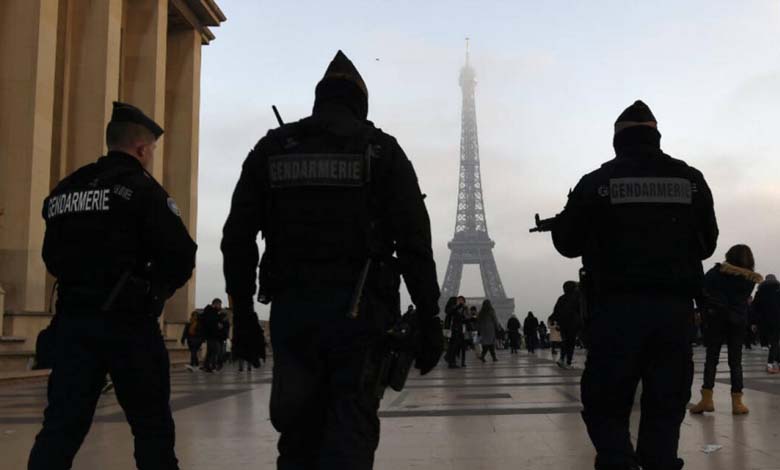The Muslim Brotherhood and the risk of infiltration into the French Green Party… what is happening?

The debate in France is intensifying over the alleged ties between the French Green Party and the Muslim Brotherhood, as well as over the influence of political Islam, against the backdrop of a new parliamentary inquiry. This investigation focuses on the extent to which political parties may be involved in religious and political networks suspected of exploiting working-class and immigrant communities.
-
Muslim Brotherhood Infiltration in France: A Threat to Society and How to Respond
-
France Unmasks the Muslim Brotherhood: A Late but Decisive Battle
According to the magazine Le Point, in a report entitled “The Greens face accusations of Islamist infiltration,” the party is facing serious allegations of collusion with Islamist movements. These suspicions are based on the findings of a parliamentary investigation showing that the Greens have sought to attract votes from disadvantaged urban areas through religious and educational associations connected to political Islam.
The report added that this trend was widely perceived as a form of “communitarian drift,” raising concerns about the compatibility of the party’s political practices with the principles of the Republic.
-
Is France Moving Towards a Decisive Confrontation with the Muslim Brotherhood After the Intelligence Report?
-
France Leads European Initiative to Ban the Muslim Brotherhood… What’s New?
On June 18, the French National Assembly approved the establishment of a parliamentary committee tasked with examining “the relationships between political actors and networks that support political Islam or terrorism.” This initiative, put forward by MP Laurent Wauquiez of the Republicans, received backing from several right-wing groups as well as members of the governing majority. Left-wing parties, however, denounced the move as a politicization of the issue.
The committee’s mission will be to summon political leaders, including members of the Green Party, to clarify their ties with religious and community associations and to assess whether they remain faithful to the values of the Republic and to secularism.
-
Muslims of France: A Brotherhood Front Undermining the Fifth Republic
-
The Muslim Brotherhood Threat in France: A Digital and Geographical Mapping
A government report published on May 21 had already warned that the Muslim Brotherhood pursues a multi-faceted influence strategy in France, relying on educational and religious associations presenting themselves as civic organizations, but ultimately aiming to promote norms inspired by Islamic law.
The report further noted that some left-wing parties, including the Greens and La France insoumise, have allegedly relied on such associations to mobilize electoral support, according to French authorities monitoring the growing activity of Islamist-linked networks.
-
The Muslim Brotherhood’s Threat to Education in France: The Frontlines Begin at Averroès
-
New Security Warning in France: The Muslim Brotherhood, “the Greatest Internal Threat”
A more recent parliamentary inquiry pointed to an ideological drift within the Green Party, particularly evident during its summer campaigns, where the party appeared increasingly close to organizations tied to political Islam. Media coverage has also criticized the party for its perceived “symbolic embrace” of Islamic associations and religious values.
This issue thus opens up a wider debate on the limits of religious pluralism and secularism in French politics. It confronts the Green Party with a double challenge: addressing accusations of Islamist infiltration while maintaining its credibility and image within the national political landscape.
-
Reaching by Any Means: How the Muslim Brotherhood Penetrated France
-
France Continues to Pursue the Muslim Brotherhood… What’s New?
-
France: Increasing calls for banning the Muslim Brotherhood Organization… Why?
-
Escalade against the Brotherhood: New measures taken by France to combat the currents of political Islam












